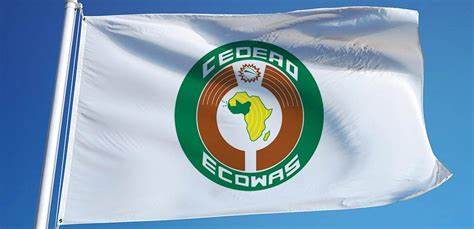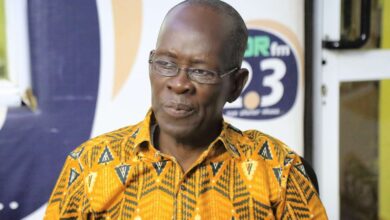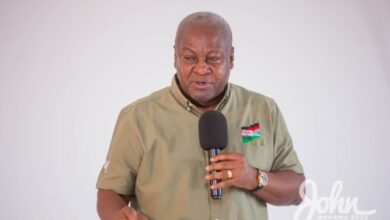
Following the first extraordinary meeting on the Niger crisis, held in Abuja on August 4th, and the second emergency meeting held on Thursday, 10th August 2023 by the Economic Community of West Africa States ( ECOWAS) ordering the activation of a standby force for possible deployment against the Niger military junta after defying the seven days ultimatum, and diplomatic mediation approach used by the West Africa bloc.
It is imperative to state that, ECOWAS must in any way possible be blamed for it inability to detect and respond immediately to the early warning signs such as ; bad governance, socio – economic difficulties, poverty, corruptions, insecurity and other external factors that trigger coups in the sub – region, then again, the bloc must be held responsible for it rash to impose sanctions such as closure of state borders, a ban on commercial flights, suspension of foreign financial aid, travel ban on military personnel who carried out the coup and freezing of their personal assets, not excluding the cut of power supply to Niger on the 80 megawatt Birnin – Kebbi line by Nigeria, whiles Ivory Coast suspend import and export of Nigerien goods coupled with the shut down of the branches of the West Africa’s regional central bank in Niger and the threat to use the military force intervention to restore democratic order without first resorting to the use of the Need Base Approach which would have helped in identifying and understanding the deep seated concerns, interest, wants, desires, hopes and fears of the Coup junta to enable the bloc to devise a creative intervention to trade – off interests.
ECOWAS delegation has no excuse to cancel the diplomatic meeting with the twenty – (21) member appointees of the leader of the military junta, General Abdourahamane Tchiani after he defied a meeting with the bloc’s delegation sent to Niger. Obviously, the bloc should not expect the leader of the junta to open his door for dialogue with him whiles Niger continue to be suffering from sanctions imposed on them by the bloc. As a matter of fact, ECOWAS must redraw the sanctions placed on Niger in order to soften the heart of the junta leader, who had already hardened his heart not to give in to dialogue or negotiation due to fear, mistrust, and pain caused by the actions of the West Africa bloc. According to Gordon Neufeld, “A heart can only be softened with the cultivation of safe and caring attachments with others. It is a relationship that offers someone the promise of safety, warmth, and dependence”. The leadership of the West Africa bloc must understand that the strategy to use the threat of military force, which was implemented successfully in many countries such as Gambia, Liberia, and Sierra Leone cannot be guaranteed to achieve success in the case of the Niger coup, since every single coup comes with it own dynamics.
Comparing the dynamics surrounding the Niger Coup and the Gambia crisis, for instance, indicates the high-risk consequences the Niger Coup posed on the sub-region if not handled with all seriousness, Gambia crisis did not attract citizens’ support for Yahya Jammeh, when he decided not to hand over power to the president-elect, Adama Barrow after he won the 2016 Gambia presidential election, because the citizens were fed up with his leadership, that made it easy for ECOWAS bloc to use the threat of military force in restoring democratic order. Again, in the case of Gambia, no ECOWAS member states threatened to declare war against the deployment of military force, unlike in the case of Niger, the military junta had received massive support from the citizens for removing President Mohamed Bazoum from office as a result of bad governance, socio-economic difficulties, and insecurity as stated by the junta, and again, had attracted support from interested Secondary actors like Mali and Burkina Faso military junta coupled with shadow actors like the Russian Wagner mercenaries group threatening to declare war should ECOWAS use military intervention in Niger.
In my expected view, ECOWAS as a bloc must never endeavour to resort to the use of military intervention but rather must do everything humanly possible to stick to the diplomatic solution to restore the democratic order of government to avoid escalating the crisis from its emerging stage to hurting stalemate which as a result will heavily cause havoc to regional peace, security, and stability, not excluding, it terrible ramification on the sub-regional economic security, food security and all the other aspects of human security.
Ghana, as a state, must be careful not to securitize the action of the military junta in Niger for any foreign interests at the expense of the life of its military personnel and deploy troops to Niger.
The study has taught us that, no use of military force intervention has brought positive peace but rather result in negative peace due to it destructive nature of operations.
Sign
Anthony Acquaye ( MA in Security, KAIPTC)
Security Policy Expert at Center for Security Dialogue and Peace Advocacy.
Story by: Ahma Baidoo / Ahotoronline.com




